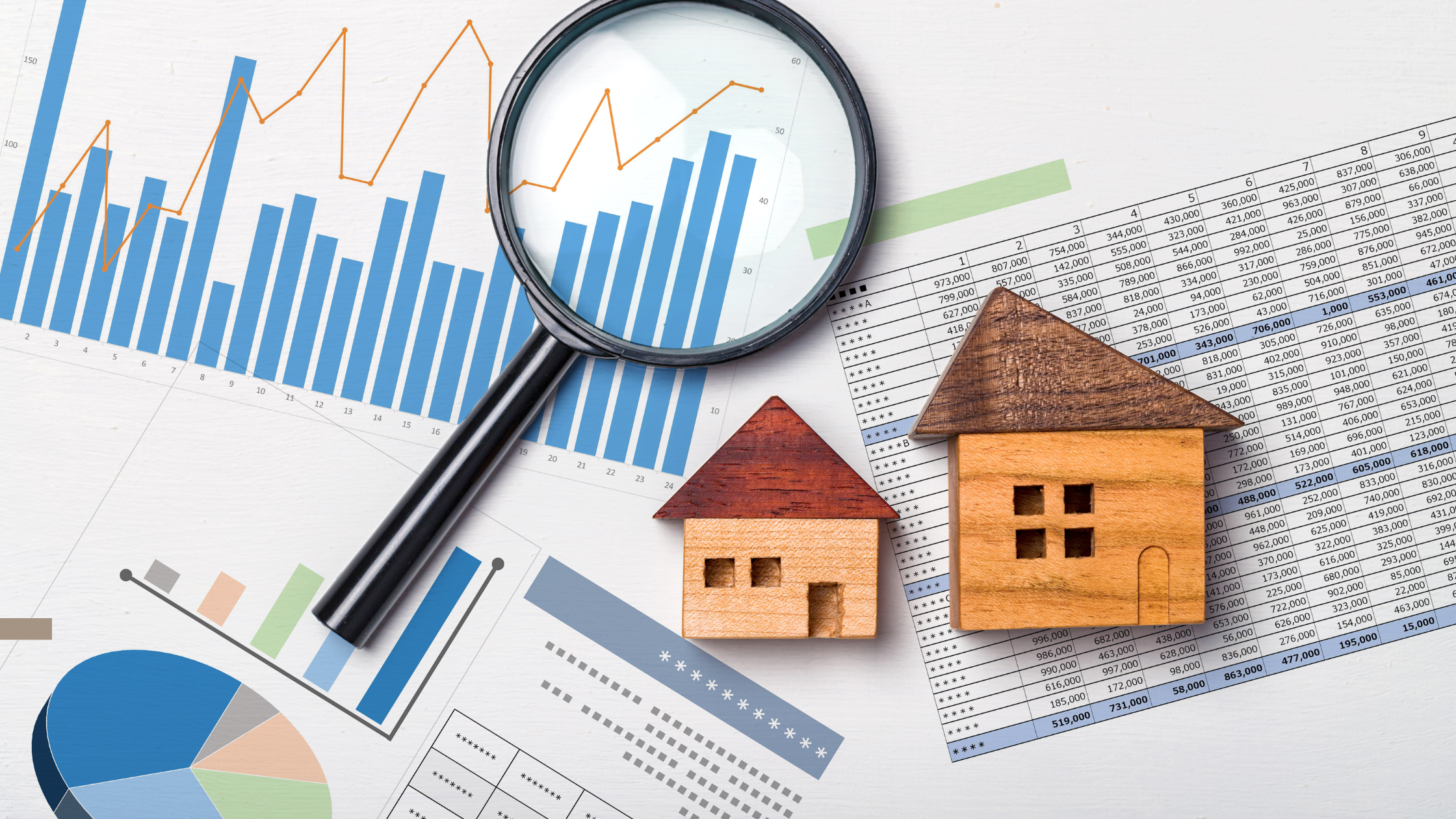Building a real estate platform is more than just listing properties and adding a search bar. In a market where users expect speed, security, and seamless experiences, even a tiny bug can cost you conversions, credibility, and cash. That’s where quality engineering services come in. They ensure your platform works flawlessly and scales confidently, without compromising performance, usability, or trust.
So how do fast-scaling platforms maintain performance, functionality, and user trust across hundreds of listings, integrations, and transactions? Let’s explore how this crucial service supports real estate platforms and ensures long-term digital success.
The Reality of Real Estate Platforms Today
Real estate platforms are no longer static directories. They’re complex ecosystems. From property search to price comparisons, from agent-buyer communication to online transactions, the digital infrastructure must handle:
- Dynamic property listings with real-time updates
- Location-based searches with map integrations
- Payment gateways and document uploads
- Responsive mobile and web versions
- AI-powered recommendations and CRM integrations
And users? They demand zero downtime, instant load speeds, and secure data handling. That’s a high bar and meeting it requires more than just a good development team. You need rigorous quality testing and engineering frameworks baked into your development lifecycle.
What Are Quality Engineering Services?
Quality Engineering Services are a structured set of practices designed to ensure that your software meets all functional, performance, security, and usability standards before (and after) launch.
It goes beyond basic testing. It involves:
- Automated and Manual Testing
- Performance & Load Testing
- Security and Compliance Audits
- Usability Testing
- Regression Testing & Continuous QA Integration
Think of it as the guardian of user experience. While your developers build new features, your quality engineering team ensures everything works perfectly across browsers, devices, and user conditions.
Why It’s Critical for Real Estate Platforms
Let’s zoom in on real estate platforms specifically. These platforms face unique challenges:
1. High Data Volume = Higher Bug Probability
Thousands of listings, property photos, price filters, agents, and CRM entries handling massive data sets increases the chances of system lags or failures.
Quality testing ensures data integrity and consistency across the platform, helping prevent broken listings, mismatched filters, or lost leads.
2. Cross-Platform User Journeys
A buyer may start searching on mobile, shortlist on a tablet, and finally close the deal on a desktop. The experience needs to be smooth and consistent.
Cross-device and cross-browser testing ensures your platform functions flawlessly on every screen and OS.
3. Third-party Integrations
From Google Maps and payment gateways to CRM tools and chatbots—real estate platforms are packed with third-party tools.
Quality engineering tests integration stability, ensuring every plugin, API, or microservice works as expected, even during updates or scaling.
4. Transaction Security
Users upload sensitive documents and make high-value transactions. If security is compromised, you lose user trust forever.
Security audits and vulnerability testing are core components of QA services, keeping your platform safe and compliant.
Real-World Use Case: Scaling Without Breaking
Imagine this: A fast-growing real estate tech startup launches in five metro cities. Their listings shoot up from 5,000 to 50,000 in just two months. They partner with local agents, integrate WhatsApp chat, and launch a referral program.
Without robust quality engineering services, here’s what might go wrong:
- Listing filters crash due to load
- Users can’t upload KYC documents due to format issues
- The chatbot keeps redirecting to wrong agents
- Mobile UI breaks on specific iPhones
- Payment gateway shows inconsistent error messages
All of this leads to user frustration, poor reviews, and lost revenue.
But with a dedicated QA and Engineering service, every update, new feature, or scaling plan is tested under real-world stress conditions, allowing the business to grow confidently.
Key Services Under Quality Test & Engineering
Let’s break down a few core offerings:
Functional Testing
Checks every function (search, contact, filter, save) to ensure they work as expected. This is critical for real estate platforms with multi-step user journeys.
Performance Testing
Tests how your platform performs under load—say during a property sale weekend or ad campaign when traffic spikes.
Security Testing
Protects user data—especially important for document uploads, agent data, and transactions.
Automation Testing
Automates repetitive tests, saving time and accelerating go-to-market for new features or pages.
Mobile & Cross-Browser Testing
Ensures the same experience across Chrome, Safari, Firefox, and mobile apps.
How It Impacts Business Growth

When you invest in quality engineering services, you:
- Boost User Trust: A smooth, error-free platform builds credibility
- Accelerate Development: Automated testing enables faster deployments
- Reduce Costs: Fixing bugs post-launch costs 6X more than during development
- Improve Conversions: A high-performing UX increases user retention and lead generation
- Gain a Competitive Edge: Many real estate platforms still skip proper QA—don’t be one of them
Build Fast, But Build Smart
Real estate tech is booming, but only platforms that are secure, scalable, and user-centric will stand out. With quality engineering services, you don’t just fix bugs you future-proof your growth.
If you’re building or scaling a real estate platform and want to avoid tech debt, performance issues, or security risks quality engineering isn’t optional, it’s essential.
Ready to Optimize Your Real Estate Platform?
Work with experts who understand the complexity of building platforms that scale.
Let’s ensure your platform is fast, secure, and future-ready to book a free consultation today.







